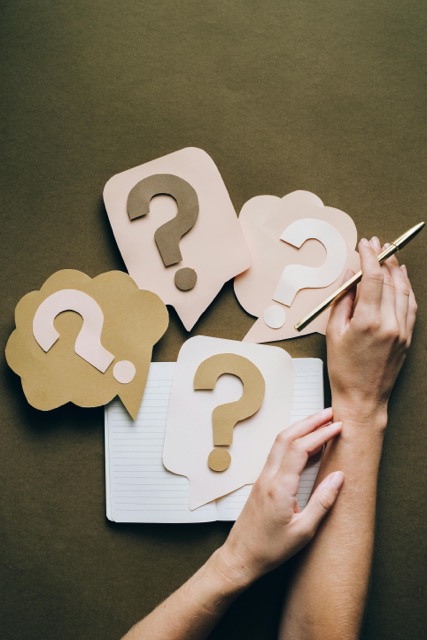Asking clarifying questions during a High School interview is a valuable skill that serves multiple purposes. Incorporating clarifying questions not only showcases your active listening and problem-solving skills but also ensures your responses are accurate and on point. It’s a valuable strategy to use to demonstrate your engagement and ability to respond thoughtfully to the […]
Asking clarifying questions during a High School interview is a valuable skill that serves multiple purposes. Incorporating clarifying questions not only showcases your active listening and problem-solving skills but also ensures your responses are accurate and on point. It’s a valuable strategy to use to demonstrate your engagement and ability to respond thoughtfully to the interviewer’s questions.
5 Reasons Why Clarifying Questions Are Important
Demonstrates Active Listening:
When you ask clarifying questions, it shows that you’re actively engaged in the conversation. It reflects your commitment to understanding the topic or question at hand.
Ensures a Relevant Response:
Interview questions can sometimes be vague, leading to misunderstandings. By seeking clarification, you ensure your response directly addresses what the interviewer wants to know.
Strategic Thinking:
Clarifying questions can buy you valuable time to think. While you seek clarification, you can mentally structure your response for clarity.
Shows Confidence:
Asking clarifying questions demonstrates your confidence and willingness to engage in a meaningful dialogue. It shows that you’re not afraid to seek clarity when necessary.
Highlights Your Problem-Solving Abilities:
By asking questions to clarify, you display your ability to analyze a situation and identify potential gaps in understanding. This skill is valuable both in school and in life.
5 Examples of Clarifying Questions and Their Value
“Could you please provide more context for that question?”
This question ensures you fully understand the question’s context and helps you tailor your response appropriately. Use it when a question seems broad or unclear.
“Are you looking for specific examples from my middle school experiences?”
This question helps you clarify the interviewer’s expectations, ensuring your response aligns with what they’re seeking. Use it when a question allows for multiple interpretations.
“Would you mind repeating that question? I want to make sure that I understood you.”
This question allows you to regain your focus if you’ve momentarily lost track of the conversation. Use it when you need a moment to reorient and ensure you didn’t miss crucial details.
“Could you please explain what you mean by ‘challenging situations’?”
Value: This question helps you understand the interviewer’s definition of terms used in a question, ensuring your response directly addresses their intended query. Use it when the question involves subjective terms.
“Did I answer your question, or would you like me to elaborate?”
This question showcases your self-aware nature and your confidence to seek feedback. Use it when you are unsure if your response fully addresses the question.
Bonus:
“May I have a moment to think about that?”
This question is a hidden gem, often overlooked but incredibly valuable. It demonstrates your composure under pressure and buys you time to organize your thoughts and deliver a well-structured response. Use it when you encounter a challenging or complex question and need a moment to organize your response.

Comments